This year, the CLEO Conference had its normal interesting character: A variety of users from hardcore laser scientists to focused business interests to laser scanning imaging folks. Boston Micromachines took our position within the Thorlabs booth for the 5th year(thanks again, guys!) and demonstrated some great technologies that we think will make an impact in the industry. Our MEMS Optical Modulatorgenerated a fair amount of interest and prompted some great questions about its capabilities and possibilities. We showed its flexibility by demonstrating how with a simple input signal and an amplifier, a reflective diffractive element can be used to couple light into a fiber at varying frequency and amplitude. We went into the show thinking this would be the big topic of conversation. While we did have some great conversations and we’re more than happy with the response, the real star of the show was our Wavefront Sensorless Adaptive Optics Demonstrator for Beam Shaping. Users from all walks of the laser industry approached me with potential uses from wavefront characterization techniques to photon counting. I learned that the simplistic nature of the kit (maximize a signal through a pinhole) allows researchers with very different backgrounds to think of interesting ways to take advantage of its versatility. We found that the simple, clear spot on the screen was enough to entice microscopists and laser scientists alike to brainstorm interesting ways in which to integrate the deformable mirror, detector and algorithm of the system into their latest work. I am looking forward to some great follow-up conversations!
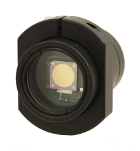
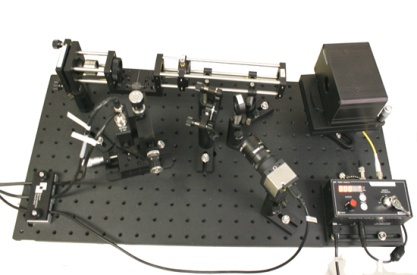
I did get the chance to venture out of the booth for a few talks as well as touch base with some new and old friends. Major impressions:
1)AO is still not a major player in laser science
While there were some interesting topics and uses of deformable mirrors and spatial light modulators, the technique is by no means pervasive as in other industries such as astronomy or biological imaging. Other techniques such as MIIPS (congratulations again, Dr. Dantus) serve the industry and are well proven to be able to satisfactorily shape pulses. Another theory: Laser scientists prefer to go after the laser for improvements instead of supplementary hardware. This could be for a variety of reasons such as: a) extra hardware means lost light, b) this is where they are comfortable and love to tweak things or c) the cost is just too high right now.
2)Beam characterization is becoming more affordable
With a few companies introducing higher speed and lower cost wavefront sensors, the market is becoming more accessible to more researchers. This can only be good for everyone.
3)Booth traffic is down, but more focused
In past years, my conversations were usually an even split between educating the visitor about the basics and having in-depth discussions about the capabilities and possibility of integrating devices into optical systems. This year, the split was more like 75/25 in favor of detailed discussions. Many are well aware of the background and of the 75%, at least half approach me with well thought-out ideas. It is very refreshing and encouraging to have these discussions and I suspect the ratio will continue to grow as years go by.
Overall, it was a productive show. I look forward to returning to San Jose next year and introduce exciting products that we have in our product roadmap and get more people to shape their light!
Check more
Related Articles
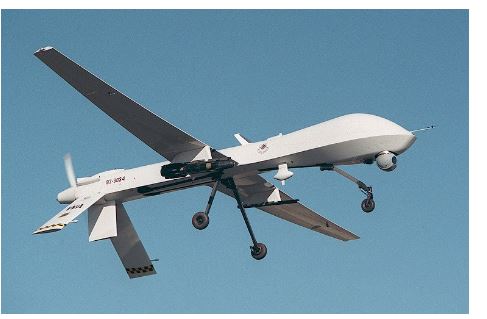
Defense TechConnect Conference and Expo: Fun in the Sun with the MRR
Last week I was fortunate enough to be able to parade BMC’s Modulating RetroReflector (MRR) in front of multiple audiences affiliated with the Defense community at the Defense TechConnect (DTC) Conference and Expo in Tampa, Florida.
# Adaptive Optics Scanning Laser Ophthalmoscope 11.01.2018
Read more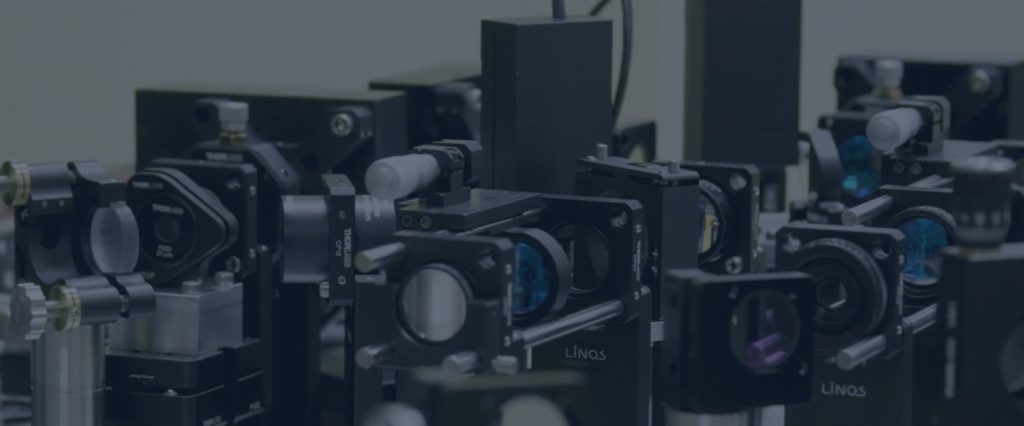
MiFoBio 2018: AO Microscopy in Action
Recently, Boston Micromachines sponsored MiFoBio (Functional Microscopy in Biology), an event that brought together the microscopy community, academics and professionals alike, to attend courses and workshops that explored the understanding and current trends of biological imaging.
# Adaptive Optics Scanning Laser Ophthalmoscope 10.16.2018
Read more